Fruits are rich in antioxidants and anti-inflammatory properties, while beans are rich in soluble fiber, which helps lower cholesterol and prevent heart disease.
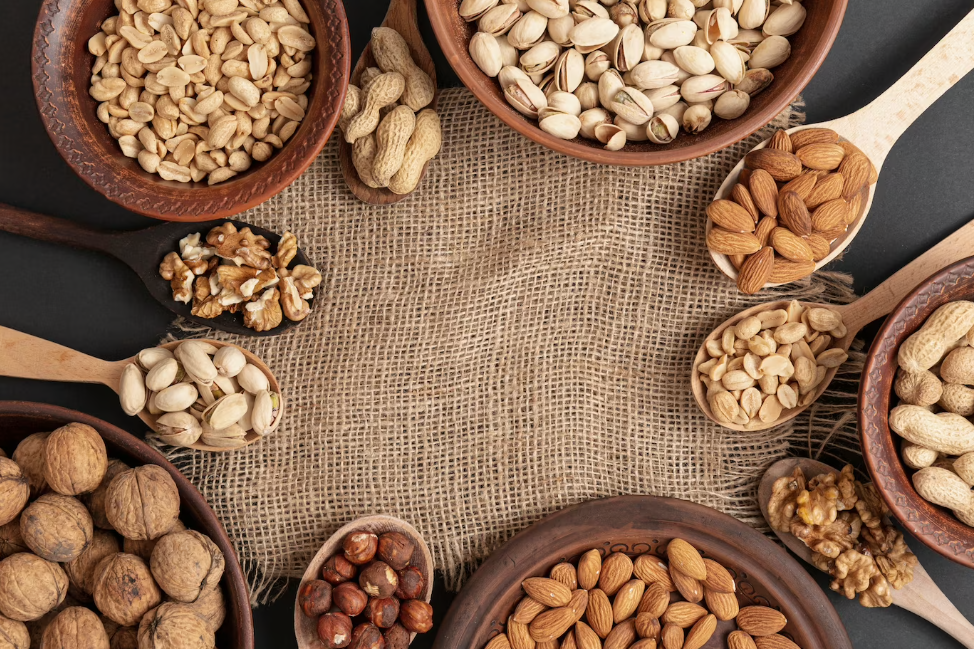
NutsNuts, including peanuts, almonds, hazelnuts, pecans, and walnuts, provide protein and antioxidants that are beneficial for the heart and digestive system. However, eating too many nuts can easily increase calories and cause weight gain. Eating about a handful of nuts a day is a way to maintain a heart-healthy diet.
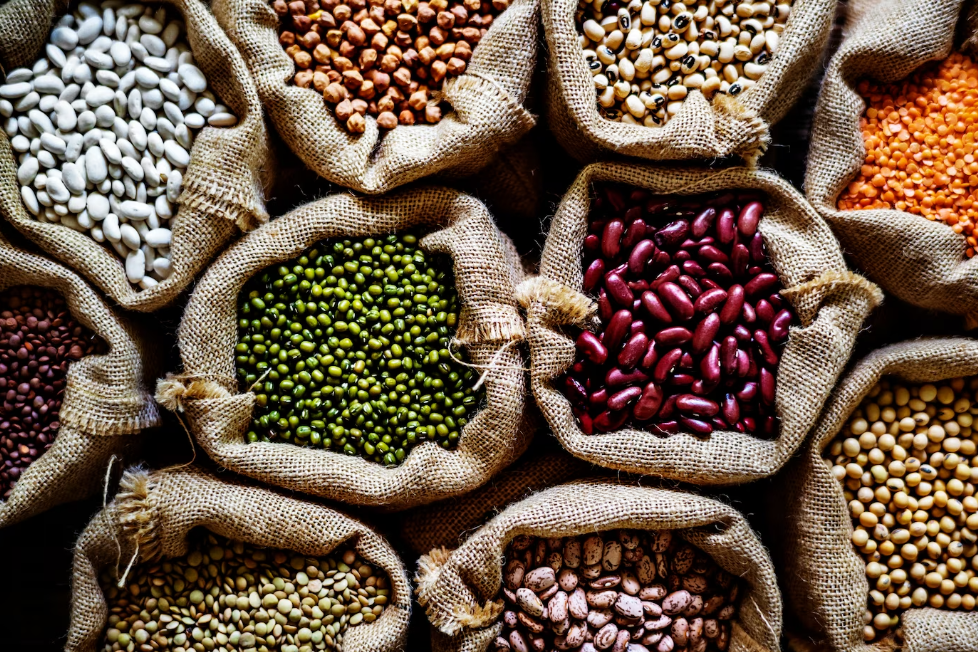
BeansContains soluble fiber, helps regulate cholesterol levels, prevents high blood fat, high blood pressure... They are also a beneficial source of vegetable protein, supporting heart health. Beans include black beans, green beans, lentils, red beans, can be eaten regularly during the week.
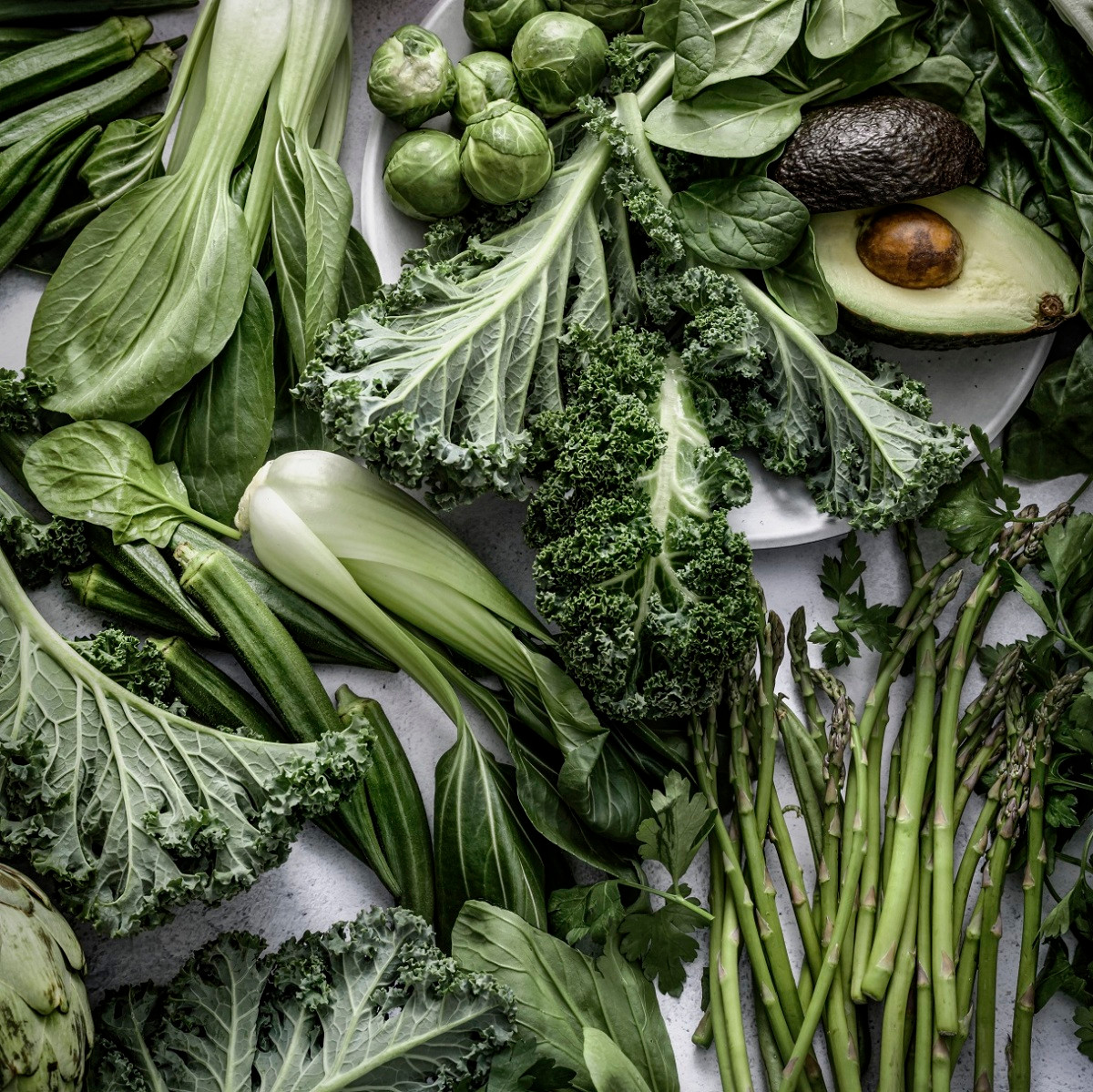
Green vegetablesRich in fiber and antioxidants that help regulate blood sugar and blood pressure. Eating 300 grams of green vegetables every day can reduce inflammation and strengthen the immune system. Vegetables are not only good for health but also easy to combine in many meals such as salad for breakfast, soup, boiled, stir-fried for lunch and dinner.
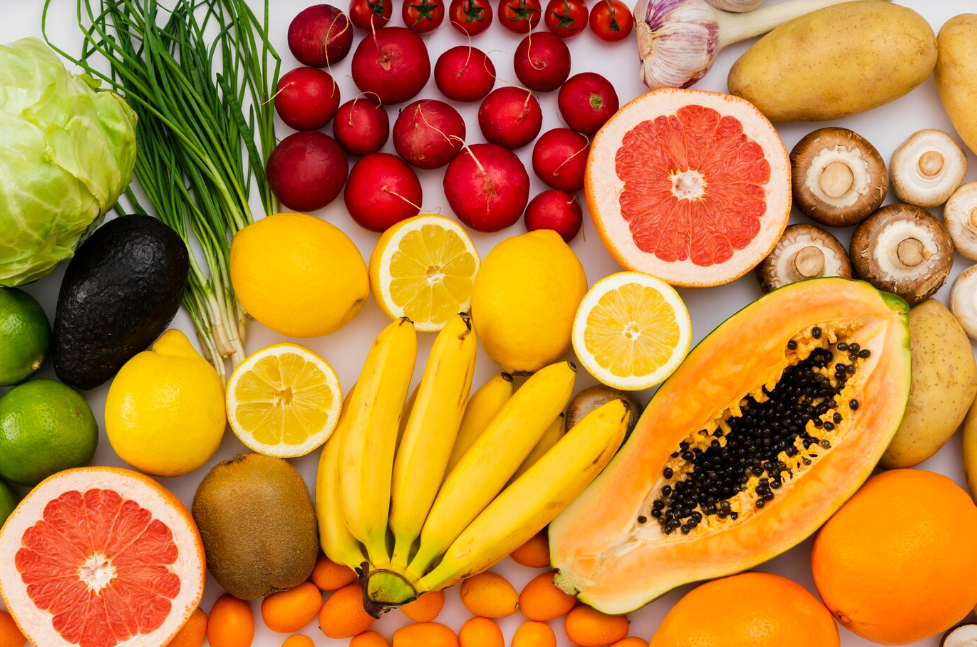
Fruit,Berries, for example, are rich in antioxidants that can protect the body against inflammation and the risk of cardiovascular disease. Most fruits are rich in fiber, which supports intestinal health and reduces constipation.
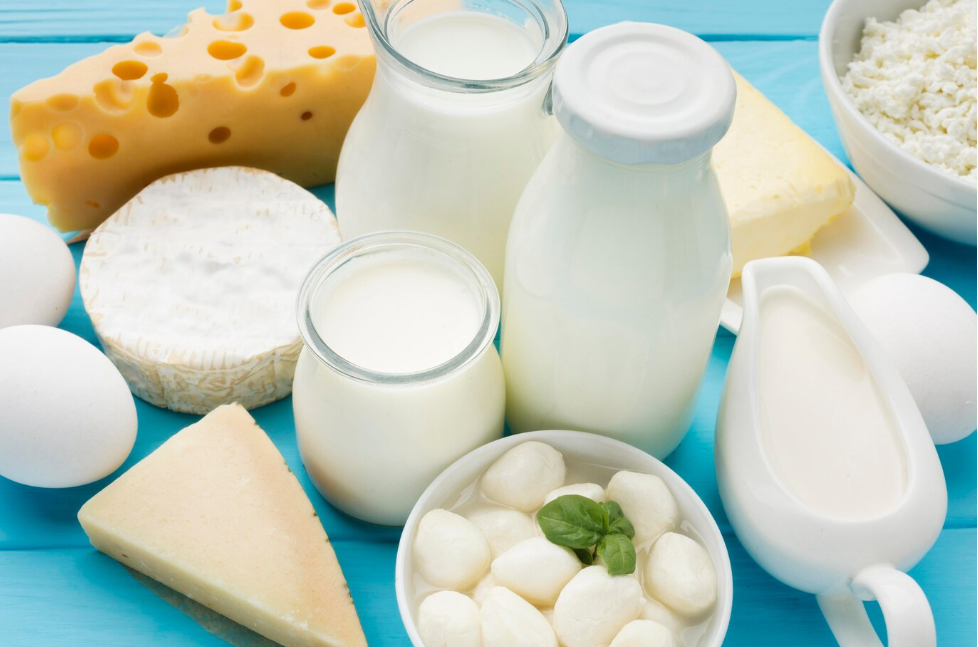
Dairy productsLike milk, cheese, yogurt provides many nutrients such as calcium, vitamins A, C, D, magnesium, potassium to strengthen heart health. Yogurt is also rich in protein, good for the intestines, increases the immune system and prevents disease.
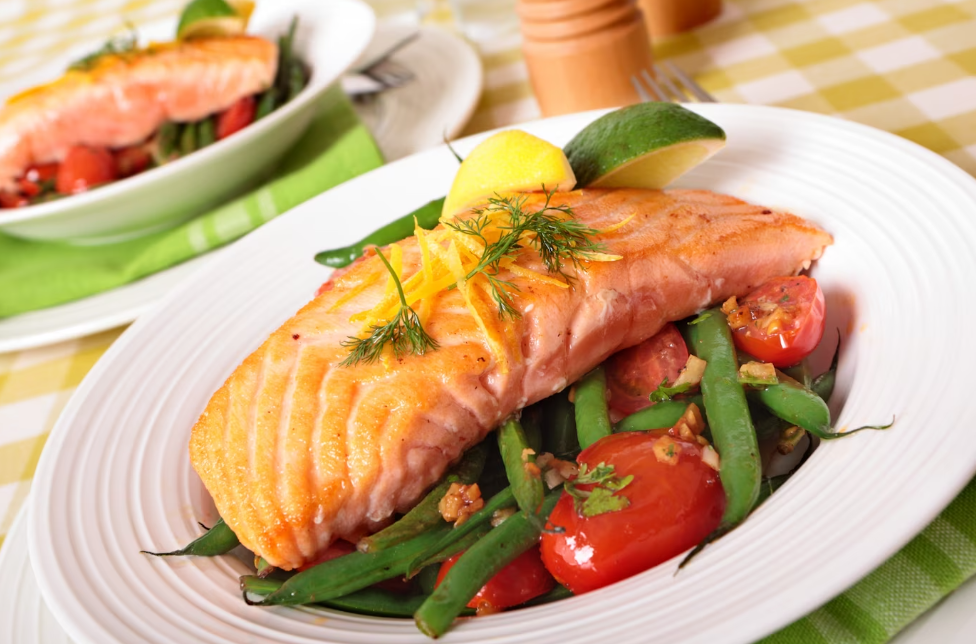
Fishis a heart-healthy lean protein. Fatty fish like salmon, herring, and mackerel are rich in omega-3s, which reduce the risk of disease. Eating fish two to three times a week can lower blood pressure, reduce inflammation, and improve cognitive function.
According to VnExpress